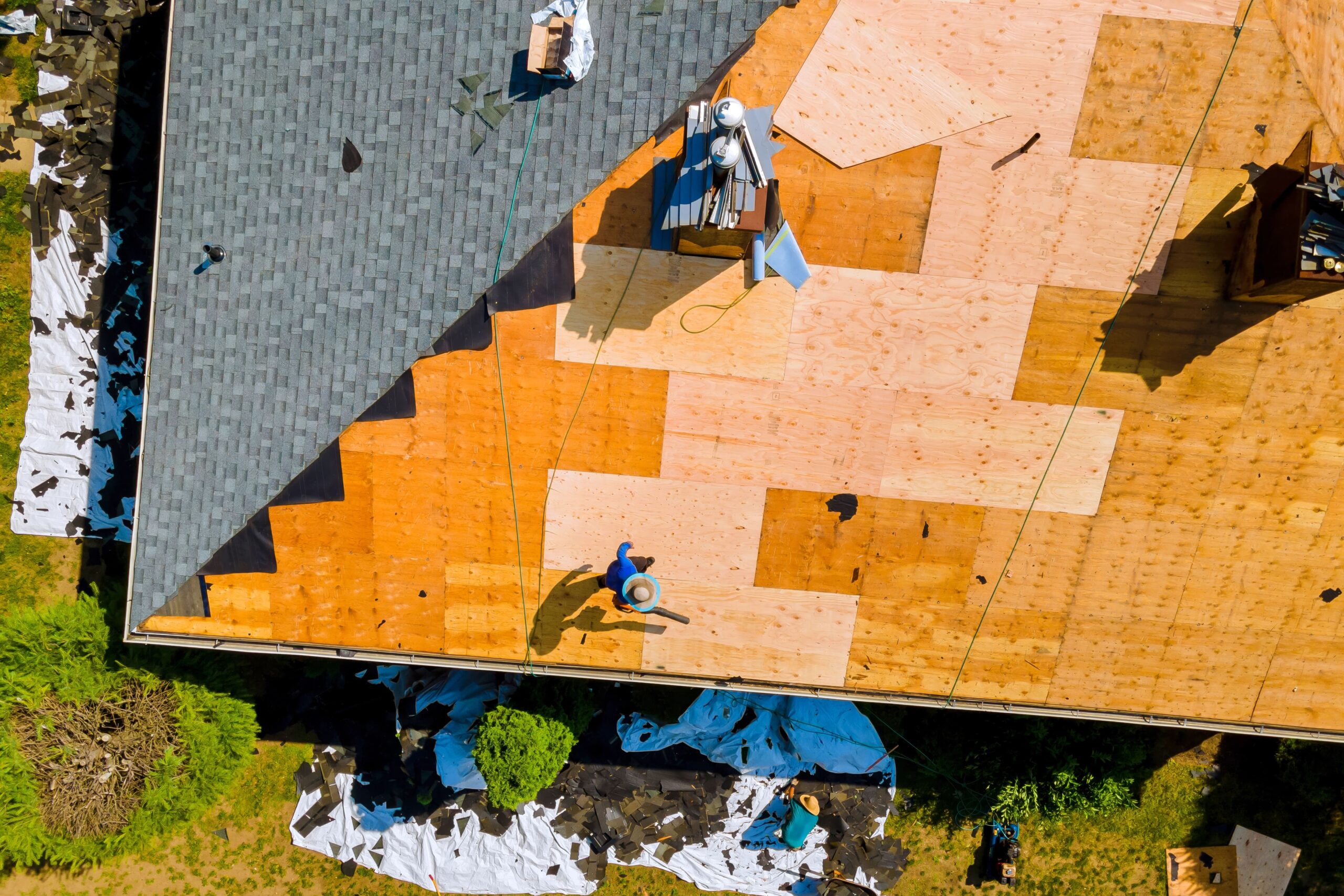There’s a reason why people sometimes whittle down the concept of a house to “a roof over your head.” You could argue that a roof is the most essential component of a home. And because of both its functional importance and its high cost, all homeowners want reassurance that their roof is reliable and designed to last. A roof warranty is indispensable. It protects your investment and provides peace of mind. But you might wonder, “How do roof warranties work?”
Types of Roof Warranties
First, it’s important to note that there isn’t one singular type of roof warranty. In fact, roof warranties generally fall into three main categories:
- Manufacturer’s warranties are offered by the manufacturer and cover defects in roofing materials. For example, they might cover shingles that fail due to a manufacturing defect, leading to premature cracking, granule loss, or curling. However, sometimes they don’t include the labor costs required for installation.
- Workmanship warranties are offered by the contractor and cover installation errors that could lead to leaks, premature roof failure, or other damage. The duration and coverage vary from contractor to contractor.
- Extended warranties may be offered by the manufacturer or contractor to cover both materials and workmanship for a longer period. Typically, they include specific conditions. For example, they may require that you use a certified installer or conduct regular maintenance.
What Do Roof Warranties Cover?
Generally, roof warranties cover defects in roofing materials and/or installation errors. In some cases, they may also cover wind or hail damage, but this is less common and varies by brand and policy. They don’t cover neglect, which is why it’s so important to schedule regular inspections and maintenance. They also don’t cover any alterations to the roof that void the warranty, such as improper repairs or additions.
How Do Roof Warranties Work?
If something happens and you intend to make use of your warranty, start by reviewing the document to ensure the issue is covered. Specifically look at the exclusions, coverage period, and claim procedures. Then, to start the process, you’ll need to contact your manufacturer (if it’s a material defect) or your contractor (if it’s an installation issue). Submit your claim using the required forms, providing proof of purchase and maintenance records. Typically, you’ll then be asked to schedule an inspection. If the manufacturer/contractor agrees the claim is valid, they’ll guide the process for a repair or replacement.
How Can You Protect Your Warranty?
To ensure your warranty remains valid, be sure that you only choose certified and/or approved contractors for the installation. Schedule roof inspections regularly and keep records of them, as many warranties mandate periodic inspections. Also, keep records of any repairs or maintenance. Finally, follow the manufacturer’s guidelines and avoid using non-approved materials or making unauthorized modifications.
_____
How do roof warranties work? Well, that depends on the specific warranty and who’s offering it. Always be sure to read the fine print so that you understand what your warranty covers, what it doesn’t cover, and what it requires of you. Roof warranties may provide peace of mind, but they also come with limitations and conditions. If anything in your warranty confuses you, don’t be afraid to ask questions.
Are you planning to replace your roof soon? If you live in southwest Missouri, contact Taylor-Made Roofing. With over 20 years of experience in residential and commercial roofing, Taylor-Made Roofing is a company that you can trust with all of your roofing needs. Our family-owned business offers quality services, a reassuring warranty, and free estimates. For more information, please give us a call at 417-326-8778 or contact us online. We look forward to hearing from you!

